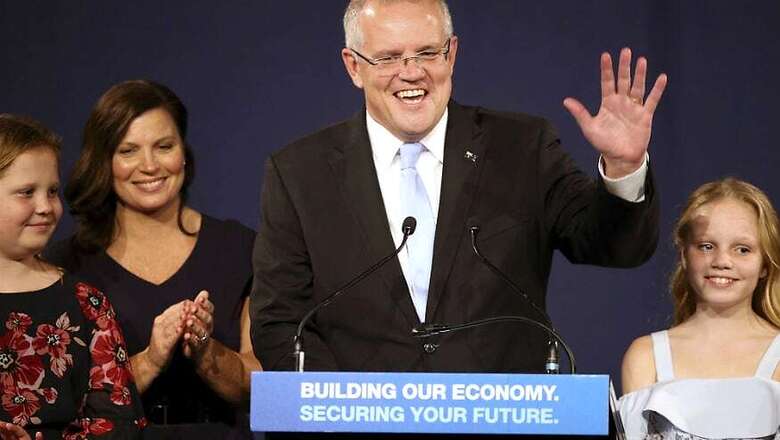
views
Melbourne: Australia's ruling conservative coalition led by Prime Minister Scott Morrison on Saturday made a "miraculous" comeback and is set to form the next government after winning most number of seats in the elections, defying exit polls which predicted a victory for the opposition Labor Party.
Australians Saturday voted to elect their next parliament and prime minister, in what has been widely referred to as the climate-change election. After five weeks long election campaigning across the country, around 16 million Australians swarmed to the polling booths across the country to elect the nation's 31st prime minister.
A Nine-Galaxy poll released shortly before the voting stations closed in the east of the country showed a victory for the centre-left Labor party and Liberal Party-led coalition losing its bid for a third three-year term.
The poll showed the Labor winning as many as 82 seats in the 151-member House of Representatives, beating the governing Liberal coalition.On Friday, media reports also endorsed Labor Party leader Bill Shorten as the best chance to end a "cycle of instability" in Australian politics.
To win a majority in the House of Representatives, either major party will need 76 seats. The Coalition currently holds 73 seats, while Labor has 72. Morrison cast his vote at Lilli Pilli Public School in Sydney while Shorten in Melbourne.
Defying the exit polls, the early counting recorded a swing in favour of the ruling coalition, which so far won 74 seats, paving the way for Morrison to become the country's 31st prime minister.
Opposition Labor Party won 65 seats during the ongoing counting of votes. Following this, Shorten conceded defeat and said he would resign as the party leader.
Addressing his disbelieving supports here, he said "Without wanting to hold out any false hope, while there are still millions of votes to count and important seats yet to be finalised, it is obvious that Labor will not be able to form the next government.
"I called Scott Morrison to congratulate him... wished him good fortune and good courage in the service of our great nation. The national interest required no less," Shorten said.
So far, it is not clear whether the Coalition will govern in majority or will need partnership of independent MPs in a minority.
According to media reports, the ruling Liberal supporters started an early celebrations at the party headquarters after it became clear that it may form the next government.
The Greens, Centre Alliance and other Katter's Australia party has all taken one seat each so far with counting reaching half way. The coalition managed to make significant gains in Queensland and Tasmania and limited its loss in New South Wales and Victoria.
Former prime minister Tony Abbott, who once described climate change as "crap", lost his seat of Warringah in northern Sydney to independent Zali Steggall, a lawyer and Olympic medallist in Alpine skiing, after suffering a swing of over 13 per cent votes against him.
Abbott, conceding his defeat, said "This is really extraordinary results, it is a stupendous results, it is a great result for Scott Morrison and the rest of the Liberal team, and Scott Morrisson will quite rightly enter the Liberal Pantheon forever."
According to last week's Newspoll survey, even though Labor took the swing in its favour, the leader approval rating favoured Morrison with 45 per cent saying he would make a better prime minister as compared to Shorten.
Morrison had wooed voters by saying if re-elected Coalition would deliver a stable economy, more jobs and tax cuts, while promised funds for women's career initiative and domestic violence and conservative plans to deal with climate change.
Following the results, Morrison, in his victory speech in Sydney said, "I have always believed in miracles... for me and for my government, for all of my team it's all about you...tonight is about every single Australian."
"Our government will get back to work just as Gladys Berejiklian got back to work in New South Wales, just a few months ago," he told his supporters.
Anger over the government's inaction on climate change is said to prove the real difference between the two parties.
Australia has experienced some of the worst effects of climate change in recent few years, from deadly bush fires to the destruction of natural wonders like the Great Barrier Reef.
Concern about climate change is now at a 10-year high among Australians, with 64 per cent believing it should be a top priority for the government, according to an Ipsos poll released in April.
The Labor party is promising to cut Australia's carbon emissions by 45 per cent on 2005 levels, compared to the government's minimum pledge of 26 per cent.
The poll comes just two days after the death of Bob Hawke, a long-serving former prime minister whose achievements have been hailed across the political spectrum.
Australia has compulsory voting and a complex system of ballots ranked by voter preference. The political, economic and cultural differences varies from state to state on the vast island-continent.










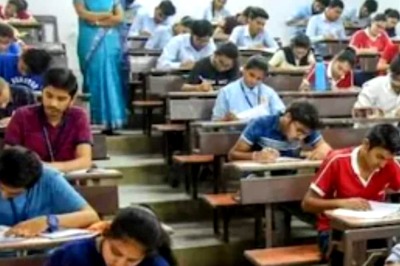

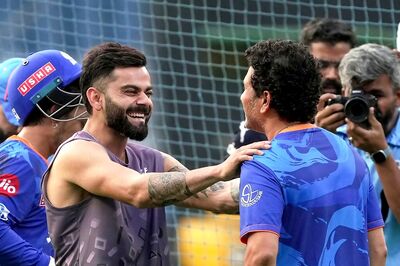

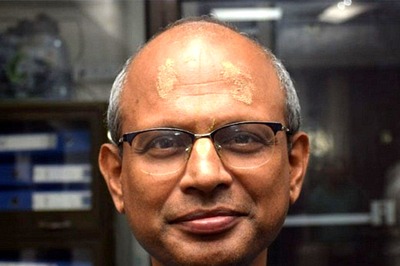


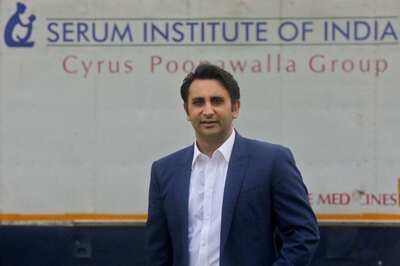


Comments
0 comment